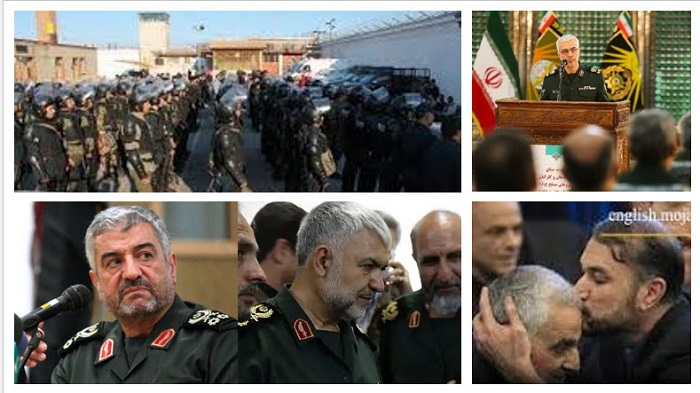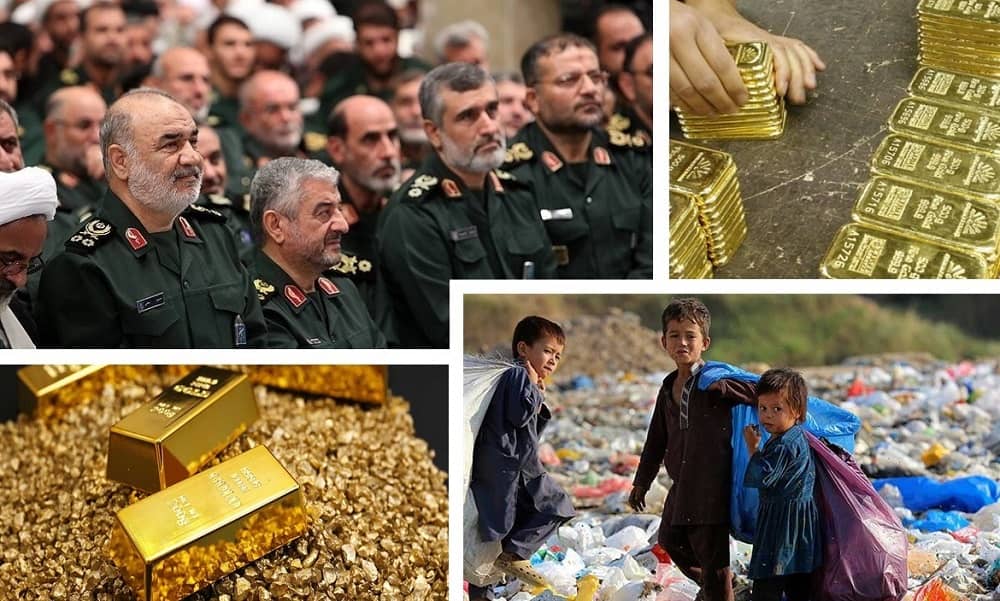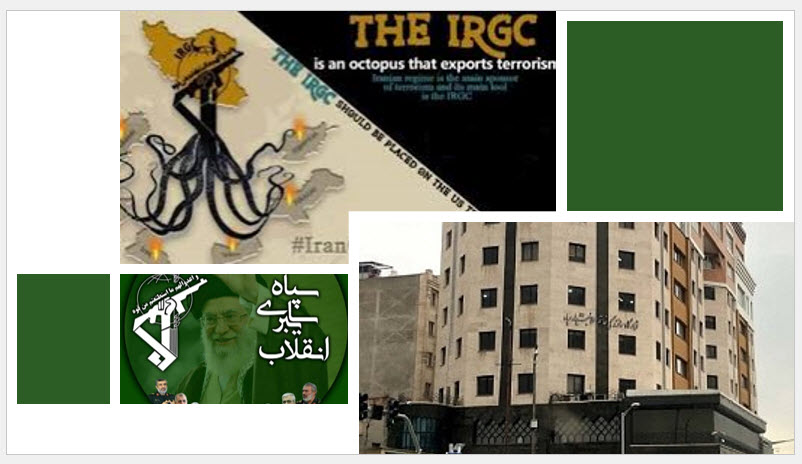
One of the key players in Iran’s power structure is the Islamic Revolutionary Guard Corps (IRGC), a paramilitary force responsible for safeguarding the regime and exporting the Islamic revolution abroad. The IRGC not only controls a significant portion of Iran’s banking and financial markets, but it is also deeply involved in money laundering for the Iranian regime.
Despite this, one may question the lack of transparency regarding the IRGC’s revenues. The reason for the lack of transparency regarding the IRGC’s revenues can be traced back to the organization’s founding purpose. As stated in the constitution, the IRGC was created with the aim of safeguarding the revolution and its accomplishments. However, over time, this duty became intertwined with the notion of “exporting the revolution,” leading to complications.

These costs are not covered by the general budget of the country and are instead financed by undisclosed resources. Furthermore, starting from the Rafsanjani era, the regime has pursued a project aimed at attaining nuclear capabilities, with the ultimate objective of acquiring a nuclear weapon. This has played a substantial role in posing a threat to global powers while, at the same time, imposing exorbitant costs on the Iranian populace to ensure the regime’s survival.
After the People’s Mojahedin of Iran (PMOI/MEK) and the National Council of Resistance of Iran (NCRI) exposed the regime’s bomb-making project, the West imposed sanctions on the regime, primarily due to activities carried out by the IRGC.

Due to the exceptional escalation of banking and financial sanctions during the Ahmadinejad era and before the signing of the Joint Comprehensive Plan of Action (JCPOA), also known as the “Iran Nuclear Deal,” as well as after the US’s withdrawal from the JCPOA in 2018, the regime suffered a significant loss of financial resources, including its oil revenues.
Consequently, the IRGC was compelled to augment its unlawful operations, such as drug trafficking, necessitating the laundering of illegal profits to gain entry into the global and domestic banking systems. As a result, the IRGC’s money laundering activities underwent an unprecedented level of intensity and expansion.
The regime has been ranked by the Wall Street Journal and the Basel Institute as the world’s most high-risk country for money laundering for three consecutive years, a situation that remains unchanged.
 MEK Iran (follow us on Twitter and Facebook), Maryam Rajavi’s on her site, Twitter & Facebook, NCRI (Twitter & Facebook), and People’s Mojahedin Organization of Iran – MEK IRAN – YouTu
MEK Iran (follow us on Twitter and Facebook), Maryam Rajavi’s on her site, Twitter & Facebook, NCRI (Twitter & Facebook), and People’s Mojahedin Organization of Iran – MEK IRAN – YouTu







